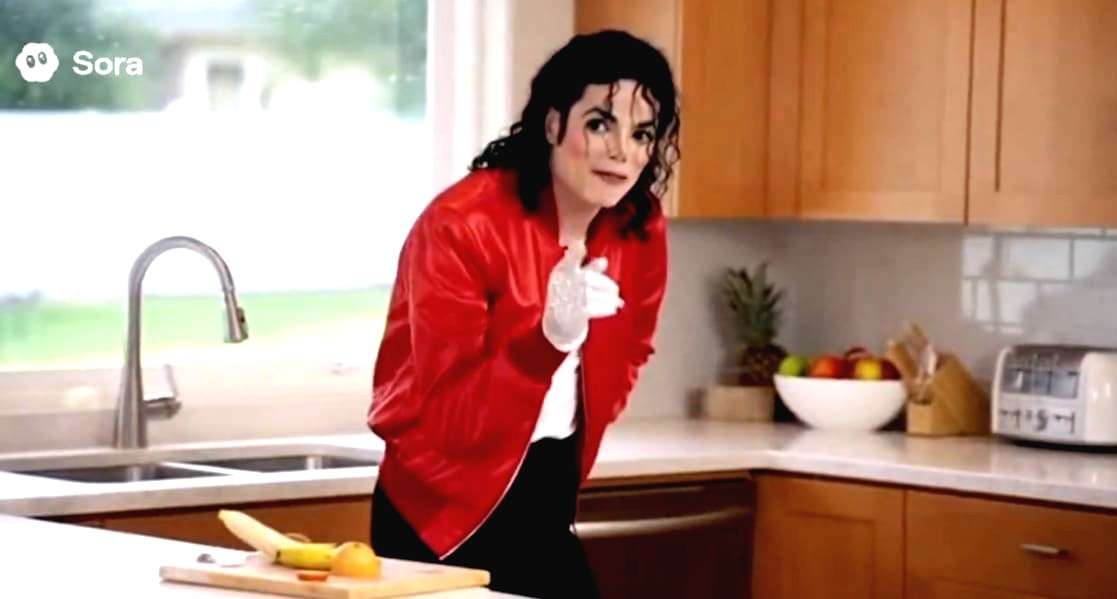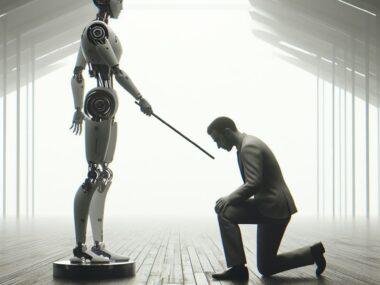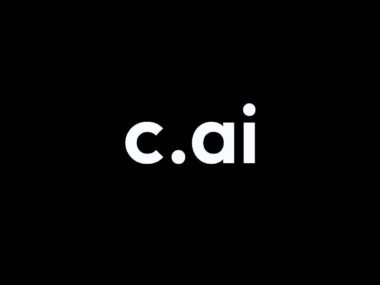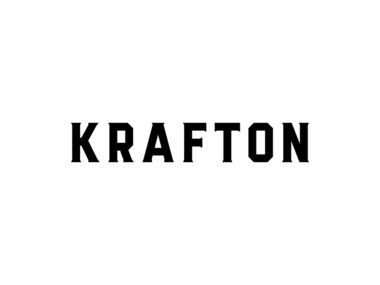At this point, OpenAI is begging to get sued. Their social video app Sora has drawn criticism for its sometimes disturbing videos involving fictional characters. I’m talking “there’s a clip of Sam Altman barbecuing Pikachu” level of disturbing. Now it’s letting people generate videos using the likeness of deceased celebrities.
It’s The Wild West at Sora
Creators have come up with some wild videos on Sora. You have Michael Jackson doing stand-up comedy using kitchen items. Martin Luther King Jr. stuttering his way through a speech. Bruce Lee is a DJ. Tupac Shakur chatting with Malcolm X. Mister Rogers makes a cameo on Jackass. It’s surreal.
Most of these videos might look harmless, but many find them unsettling. Robin Williams’ daughter Zelda Williams is not a fan. She spoke out in a now deleted Instagram Story.
“Please, just stop sending me AI videos of Dad. Stop believing I wanna see it or that I’ll understand, I don’t and I won’t. If you’re just trying to troll me, I’ve seen way worse, I’ll restrict and move on. But please, if you’ve got any decency, just stop doing this to him and to me, to everyone even, full stop. It’s dumb, it’s a waste of time and energy, and believe me, it’s NOT what he’d want.” — Zelda Williams
What should trouble us is that these deceased figures had no say in how their voice, face, or persona would be used. Nobody knows how they would feel about AI or how it’s being used. Even if we did know, they can’t opt-in to Sora using their likeness. Speaking of opting into something…
The loophole at Sora 2’s core
The Sora media app is powered by OpenAI’s video generator Sora 2. For living users and public figures, you must opt in. They’ll only appear in AI-generated content if they explicitly allow it. They also have full control over their likeness and have the right to revoke access.
For fictional characters, Sora works on an opt-out model as the default. That is, copyrighted characters are included unless rights holders act to exclude them. Since only living people require opt-in consent, there’s a legal “loophole” where creators can make videos of dead public figures without permission.
The system applies embedded metadata like watermarks to signal the content is synthetic. Yet critics point out that the metadata can be stripped, watermarks cropped, while the content can be reposted on other platforms.
Where are the lawsuits?
The odds are high that OpenAI will soon face a wave of lawsuits tied to Sora 2. WME, one of Hollywood’s top talent agencies, has opted all its clients out of Sora entirely. Major media organizations and guilds have already issued warnings. The Motion Picture Association (MPA) has publicly urged OpenAI to act. What’s probably happening is that companies are giving OpenAI a chance to change their policy, as well as remove a LOT of videos from their app. That also gives rights holders the chance to consult an attorney, find out what their options are, devise a legal strategy, etc. If enough time passes and things haven’t changed, a long list of companies or estates will start filing.
Some analysts estimate that if multiple claims survive in court, total damages could exceed $1 billion across plaintiffs.
OpenAI may appeal by claiming the videos on Sora count as fair use, or lack of harm. Whether that’ll hold up in court remains to be seen.






